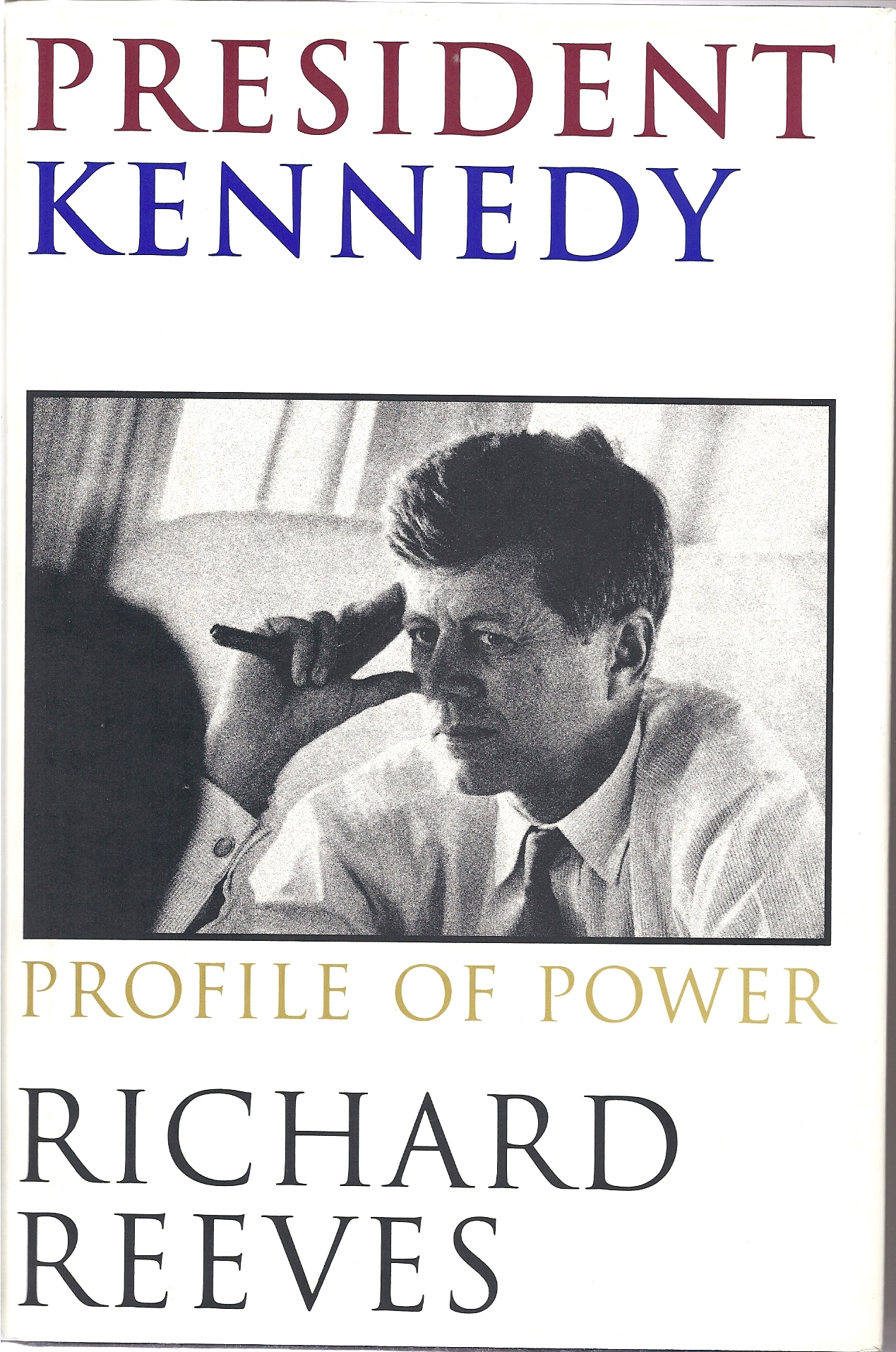by Matthew Raley The last couple of weeks have seen a change of tone among Democrats about President Obama's requirement that religious institutions be forced to provide "contraception" in their health plans, and about his "compromise" that the institutions themselves don't have to pay for it but that insurers still have to provide it.
Democrats think this is a brilliant move -- and they may be right.
There are outright lies in the president's formulation of this policy, in addition to the standard tactical truth-benders.
It is a lie that this policy only concerns contraception. The president's rule covers the abortion pill. Abortion is not contraception. His first policy was that religious institutions must provide abortion coverage. Now his "compromise" is that everyone must pay for it in their insurance premiums.
The president's tactical gambit is that, if people swallow the lie that the issue is contraception, then they will also believe that the only people in America who oppose his rule are Catholic bishops. The president is hoping that evangelicals like me will assume that the only problem here is Rome's opposition to preventing conception.
This is not a Roman Catholic issue, as if "only a bishop" could possibly oppose this rule. When asked not about "contraception" but specifically about the abortion pill requirement, Americans oppose the rule, and it's not close.
Well, let's be blindly generous. Let's pretend that the word "contraception" is not a cover-up, that the president is not pandering to anti-Catholic bigotry, and that Americans do support free abortion by prescription. There's still this little issue of rights.
Here's Nicholas Kristof on religious liberty in a recent column: "The basic principle of American life is that we try to respect religious beliefs, and accommodate them where we can. But we ban polygamy, for example, even for the pious. Your freedom to believe does not always give you a freedom to act."
Again, let's adopt the spirit of blind generosity.
We're going to accept the equating of belief in polygamy with opposition to abortion as if it were completely natural. We're going to ignore the fact that this controversy is not over a "freedom to act" but over a freedom not to act -- that is, my right not to pay for abortion pills. We're even going to ignore this interesting assertion: American life is founded on the principle that "we" will "try" to "respect" religious beliefs. This is a brief counter-factual exercise. We're just going to focus on the words, "Your freedom to believe [a religious teaching] does not always give you a freedom to act."
That formulation might be acceptable to those who do not value religious liberty. But let's see if it still works when applied to other freedoms.
"Your freedom to believe does not always give you a freedom to speak."
"Your freedom to believe does not always give you a freedom to vote."
"Your freedom to buy property does not always give you a freedom to keep it."
"Your freedom to invest does not always give you a freedom to keep the profits."
"Your mere existence in utero does not always give you a freedom to be born."
The president and Mr. Kristof are free to believe that rights owe their existence to governmental fiat. They have the right to reject the real "basic principle" of the United States, that liberties come from God. But in our country -- and it still actually belongs to us -- they do not have the right to subvert the Constitution by administrative law.
The president may get away with this. His tactic may be as brilliant as many Democrats claim. Life will go on and future battles over religious liberties will be fought on very different ground. But let's not pretend this is politics as usual.

